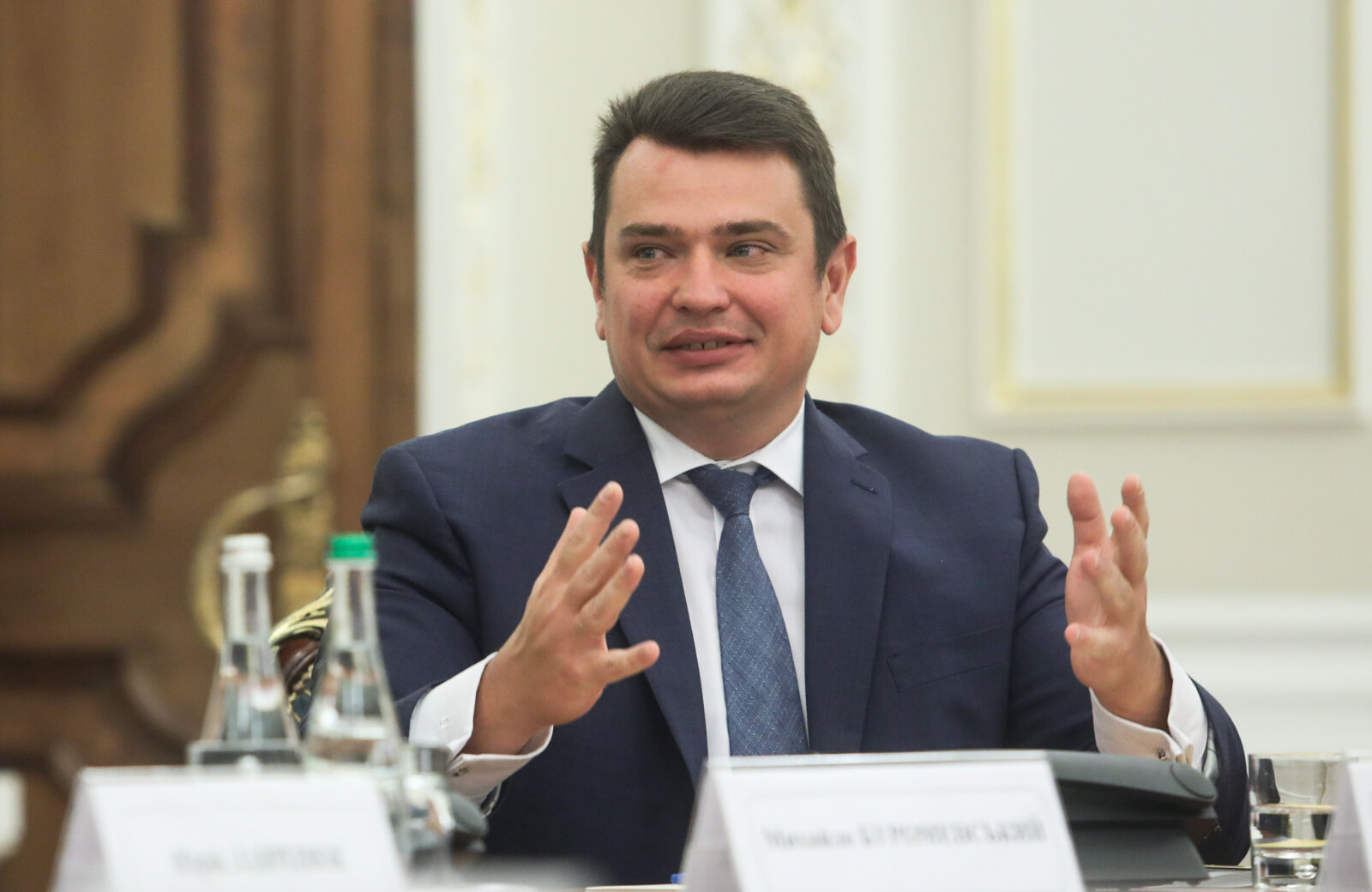As closing arguments are delivered in the Senate impeachment trial, one must note that the House Manager’s Team has made the same points day in and day out while overlooking the other part of the whole concocted scheme against President Trump. The other part is the successful plot against Donald Trump that was launched many months before he even took the Oath of Office for the presidency, Crossfire Hurricane. Carried through to Mueller investigation, it is proven that the ‘dossier’ was complied using foreign entities, some still unnamed.
That plot, using foreign interference was to interfere in our domestic election process. The choreographed operation continued through to the end of the impeachment trial in the Senate. Once, Trump is acquitted, brace for impact as the LEFT will not stop unless they are exposed in full and perhaps that will begin in earnest by two channels. The work pledged by Senator Lindsey Graham is characterized as a systematic examination of all things stemming from the contentious phone call between President(s) Trump and Zelensky. The other channel is the lawsuit filed by former volunteer foreign policy advisor, Carter Page.

Page is suing the Democrat National Committee, Perkins Coie, LLP. and Michael Sussman. Carter Page has requested a trial by jury.
In a short summary of the Carter complaint:
As part of this effort, Defendants developed a dossier replete with falsehoods about numerous individuals associated with the Trump campaign—especially Dr. Page. Defendants then sought to tarnish the Trump campaign and its affiliates (including Dr. Page) by publicizing this false information.
Defendants’ efforts mobilized the news media against Dr. Page, damaging his reputation, and effectively destroying his once-private life. The Defendants’ wrongful actions convinced many Americans that Dr. Page is a traitor to the United States, and as a result he has received—and continues to receive—multiple death threats. Dr. Page’s businesses have suffered greatly from the false, malicious information spread by Defendants.
In short, Defendants’ actions have not only damaged Plaintiffs’ reputations and financial prospects, they have even caused Dr. Page to reasonably fear for his safety. Defendants misrepresented Dr. Page’s connections to and interactions with certain foreign nationals in order to create the false impression that Dr. Page—who served his country honorably in the United States Navy and in the private sector—was in fact an agent of a foreign power, Russia. Defendants leveraged these fabrications within the Federal Bureau of Investigation (“FBI”) and the United States Department of Justice (“DOJ”), leading these agencies to present false applications to the Foreign Intelligence Surveillance Court (“FISC”).
As a result, Dr. Page was wrongfully and covertly surveilled by the United States government pursuant to Foreign Intelligence Surveillance Act (“FISA”) warrants for more than a year, and has seen his reputation ruined and his personal safety threatened.
For clarity on the Defendants:
Defendant Perkins Coie LLP (“Perkins Coie”) is an international law firm with over 1,000 lawyers. Perkins Coie has twenty offices worldwide, and its Chicago office has about 144 lawyers and officers. Approximately 67 Perkins Coie partners operate out of the Chicago office.
Defendant Marc Elias is a natural person who is domiciled in Washington, DC. He is a Partner at Perkins Coie. Elias represents the DNC, Democratic Senatorial Campaign Committee, Democratic Congressional Campaign Committee, National Democratic Redistricting Committee, Priorities USA, Senate Majority PAC and House Majority PAC. Elias also represented then-U.S. Senator from Illinois Barack Obama from at least as early as 2006, including throughout the period that Obama served as United States President and titular head of the DNC. Elias has served as chair of Perkins Coie’s political law practices since after the start of the Obama Administration in 2009. In 2016, he organized the opposition research which led to the U.S. Government’s surveillance abuse against Plaintiff.
Defendant Michael Sussman is a natural person who is domiciled in Washington, DC. He is a Partner at Perkins Coie and has represented the DNC.
The timing of this complaint will assist the Lindsey Graham investigative team in the Senate under what is known in legal jargon as discovery. This is the process where documents, communications and interrogatories are gained by both sides of the case.
For additional clarity:
In April 2016, as agents of the DNC, Elias, Sussman and Perkins Coie retained Fusion GPS on the DNC’s behalf to produce negative information on then-candidate Trump.Defendants funded Fusion GPS’s research. Fusion GPS reported to Elias the information from its research.
You are encouraged to read the full complaint to expel false notions found in news media and in social media for context and accuracy found here.



 Andrii Telizhenko
Andrii Telizhenko
 August 2018: Members of the Friends of Ukraine Network (FOUN), the Ukrainian-American community, the U.S.-Ukraine Foundation and other supporters of Ukraine met on August 7th to discuss pending and future legislative action on Capitol Hill regarding Ukraine.
August 2018: Members of the Friends of Ukraine Network (FOUN), the Ukrainian-American community, the U.S.-Ukraine Foundation and other supporters of Ukraine met on August 7th to discuss pending and future legislative action on Capitol Hill regarding Ukraine.
